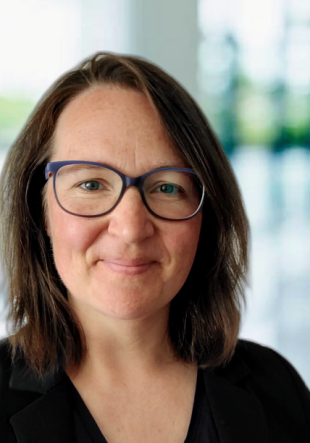New University of Jena and Paderborn University research project aims to develop a competence assessment for young people with disadvantages at the transition from school to employment
How can disadvantaged young people more successfully access working life after leaving school? Researchers from the University of Jena and Paderborn University are exploring this issue in their new research project ‘SeiP: Practicing self-promotion – approaches to a self-determined, multimodal competence assessment for young people with disadvantages/disabilities’. The interdisciplinary project is to be funded by the German Federal Ministry of Education and Research (BMBF) as part of its ‘Inclusive Education’ funding measure, to the tune of around €700,000 over a period of three years.
The project will investigate how best to support young people with disadvantages and/or disabilities in identifying their competences and leveraging these for their transition to the world of work. “I believe the project has great potential, both from a business and vocational education perspective and from a special education perspective” says Professor Petra Frehe-Halliwell, Professor of Business Educational Studies at the University of Jena.
“We’re putting the spotlight on the principles of self-regulation and self-determination. Multimodal, i.e. especially open and creative self-portrayal and analysis concepts open up opportunities for young people to explore and identify their strengths. The competence assessment thereby becomes a development or learning process in itself,” explains Professor H.-Hugo Kremer from Paderborn University.
The aim is to create a training programme that helps young people identify their strengths and leverage these for their transition to employment. Integrated training will support teachers and those responsible in companies and businesses in documenting, receiving and using the results. The goal is effectively integrate the targeted self-promotion concepts in learning and development processes for use as prototypes for successful transition to training and employment. “The project will consequently increase participation and inclusion in the world of work and society,” says Professor Désirée Laubenstein from Paderborn University.



![[Translate to English:] [Translate to English:]](/fileadmin/_processed_/1/0/csm_SeiP_352f0b1fb2.png)

